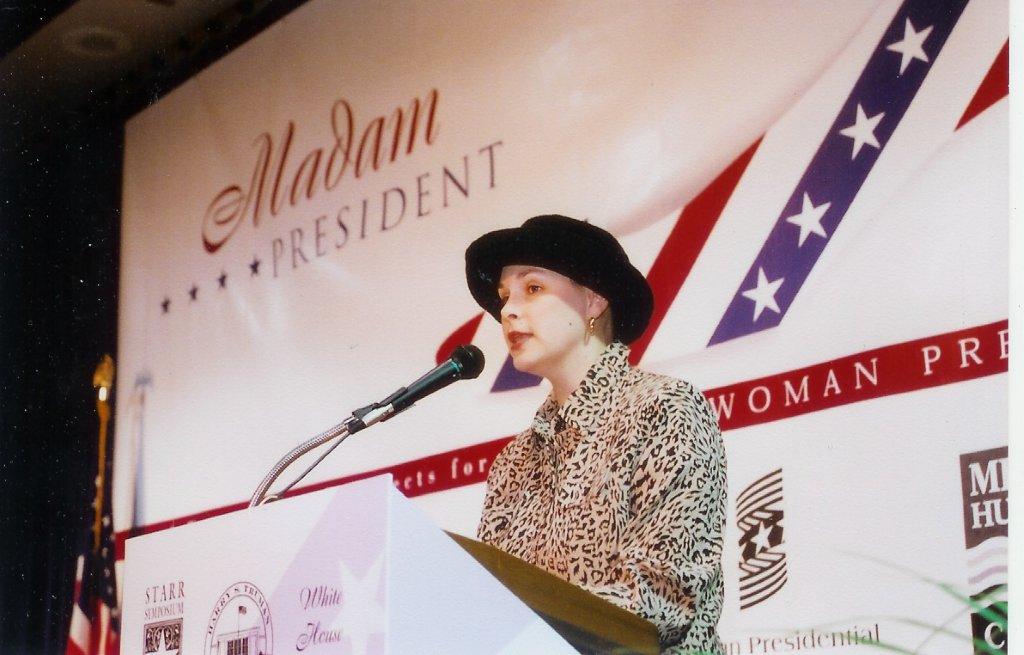Making Your Voice Heard

Not Only Finding Your Voice, But Making It Heard: Advice From a Cancer Survivor
It’s been thirteen years since I first heard those words, “You have breast cancer.” You think it can’t happen to you. You say, “I’m 30, healthy and have no family history.” Life was going according to plan, but all of that changed with those four simple words. One week I’m planning my son Brandon’s 2-year-old birthday party and the next week, I’m starting my first round of chemotherapy. After eight rounds of chemotherapy, a mastectomy with breast reconstruction and other minor surgeries, I am happy to say that I am now in complete remission because I was doing my monthly self-breast exam, felt the lump, and took immediate action.
The lesson: You know your own body better than anyone else. Listen to your body and be proactive with your health.
Cancer taught me the importance of being my own advocate, asking the hard questions, taking action and being proactive. Not only do I believe my own patient advocacy allowed me to get the best care possible and ultimately saved my life, it also empowered me, gave me more control over my disease, and improved the quality of health care I received.
There are many ways to become an advocate. Advocate for yourself. Advocate for a family member or friend. Advocate for other individual patients who may not be able to speak for themselves. The important lessons I learned throughout my cancer experience about becoming a patient advocate are tools that you can apply in your own life.
*Arm yourself with information so that you can be an educated patient or caregiver making informed decisions. Do your homework, read and confirm what you are reading is from a reliable source. Talk to others who have had similar situations and interview your doctors.
*Build your medical team and establish strong communication with your doctor. Realize that you are a part of the team. This is a partnership and there should be trust, respect and honesty. Ask the hard questions. And then ask again if you don’t understand the answer. The only “bad” question is the one you wish you had asked. Record the conversation on your phone and listen to it later. Take a friend or family member with you for support and to lend another ear for information you might miss.
*Don’t be afraid to get second opinions. Your doctor should welcome your request for another opinion. During my cancer treatment when one of my doctors was not answering my questions, I got a second opinion and ended up changing doctors. It was one of the best decisions I made. Don’t be afraid to get second or third opinions. Do whatever it takes to feel good about the decisions you are making.
*Take care of you first. As women, we are often the main providers for our children’s health and well-being, help manage our partner’s health needs and are taking care of an aging or sick relative. We take care of everyone else first and then, if time allows, we take care of ourselves. The problem with this approach is that if you don’t take care of yourself, you can’t take care of others. Remember the old saying, “If momma ain’t happy, ain’t nobody happy?” Well, if momma ain’t healthy, ain’t nobody healthy, so, take care of yourself.
I encourage each of you to not only find your voice but make it heard when dealing with your healthcare. You could be saving your own life or the life of someone you love.


